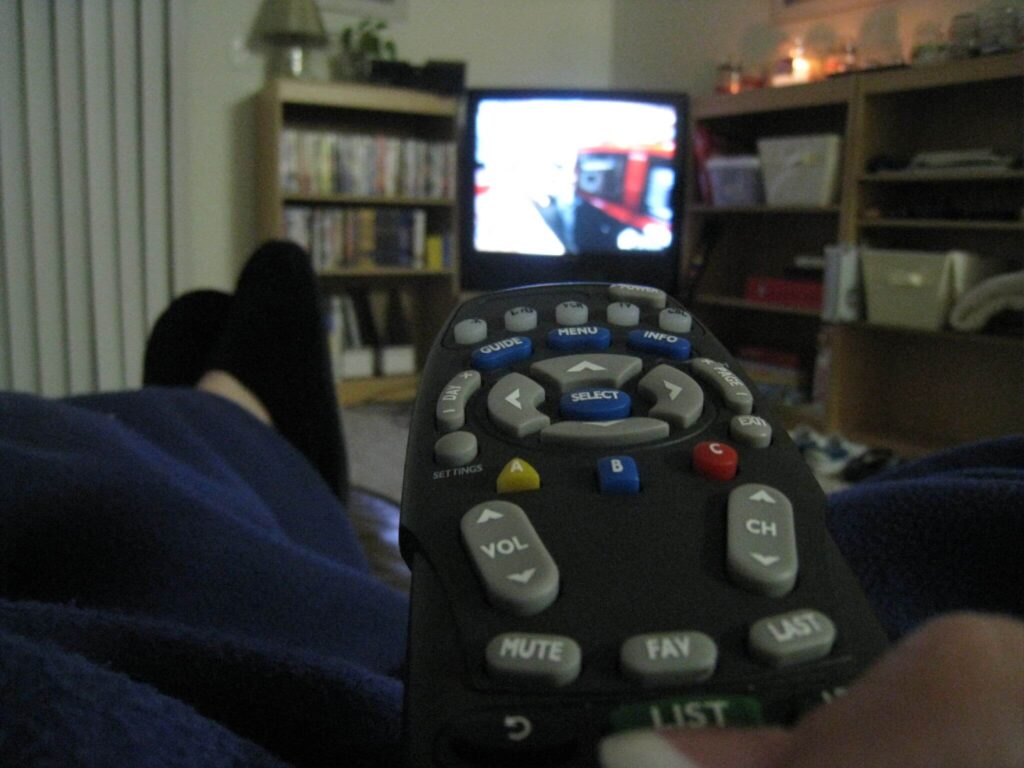Sleep Talk Blog, Health & Wellbeing
How being idle leads to sleep problems, Advice Guide
How being idle leads to sleep problems
Idleness is the silent killer no one talks about. Research shows it increases the risk of heart disease, stroke, diabetes, and some cancers.
When you stop exercising, your metabolism slows down, which leads to fat gain if you consume the same calories and muscle loss. Your muscles and ligaments also tighten, which reduces mobility even with light activities like walking.
Mounting evidence also shows that sedentary behaviour leads to sleep problems, but can a lack of exercise give you a poor night?
Idleness and sleep problems – the scientific link
A study in 2015 found that sedentary behaviour increases the risk of anxiety, which is directly linked to sleep problems like insomnia.
Another study in 2017 found that prolonged sedentary behaviour is linked to an increased risk of insomnia and sleep disturbance.
In 2019, researchers linked low physical activity among South African adults with seven of twelve sleep problem indicators (short sleep, long sleep, insufficient sleep, snoring, gasping, breathing stops, and restless sleep).
In a 2021 study of South Korean adults, researchers found that the longer the sedentary time, the stronger the association with poor sleep quality.
Meta-analysis of studies also shows that sedentary behaviour is associated with an increased risk of depression. Sleep disorders are linked to depression, so idleness can fuel depression and sleep disorders in a vicious cycle.

The link between sedentary behaviour and anxiety and depression is particularly interesting because 1 in 4 people have a mental health problem each year in England, and 1 in 6 people have a common mental health problem.
Overall, there is a clear and strong scientific link between sedentary behaviour and sleep problems. Simply put - idleness impacts sleep quality.
What is sedentary behaviour?
Sedentary behaviour is any activities with low energy expenditure, including sitting, lying down, standing still, and desk-based occupations.
In scientific literature, it is defined as an energy expenditure ≤ 1.5 metabolic equivalents in a sitting or reclining posture (metabolic equivalents is the amount of oxygen consumed at rest, i.e. it defines how rigorous your activities are).
If you spend most of your day sitting down, your lifestyle is predominantly sedentary. You could be driving or sitting at a desk – it doesn’t matter. Sedentary behaviour is characterised by low energy expenditure and spending time in lazy positions.
Of course, we can’t help sitting down all day if our jobs demand us to, but we can do a few activities to improve mobility and physical performance.
Activities you can do to be more active

- Go to the gym and lift some iron – strength training is the best activity to improve your body. It can also strengthen your mood and reduce anxiety.
- Make an intense morning workout circuit – try 30 push-ups, 30 sit-ups and 30 jumping jacks in two minutes and repeat twice.
- Cycle to work – If you work within a reasonable distance to home, riding a bicycle to work will transform your cardiovascular health.
- Go for a brisk walk every morning – wake up early and go for a brisk 30-minute walk to start your day right.
- Find an outdoors hobby – photography, bird watching, metal detecting or any other outdoor hobby will make you enjoy moving more.
Take things easy at first and work your way up. For example, after walking faster and further for two weeks, you could try jogging next.
Idleness and sleep problems – the bottom line
The link between idleness and sleep problems is irrefutable. People with sedentary behaviour are more likely to have anxiety and depression, insomnia, sleep disturbances and physical health problems like diabetes.
The takeaway is that idleness can cause physical and mental health problems, and being active could transform your life.
At first, take small steps like walking more and lifting light dumbbells to improve your cardiovascular and muscular health. Remember to eat healthy (whole foods only), and don’t be afraid to try new things to be healthier.

